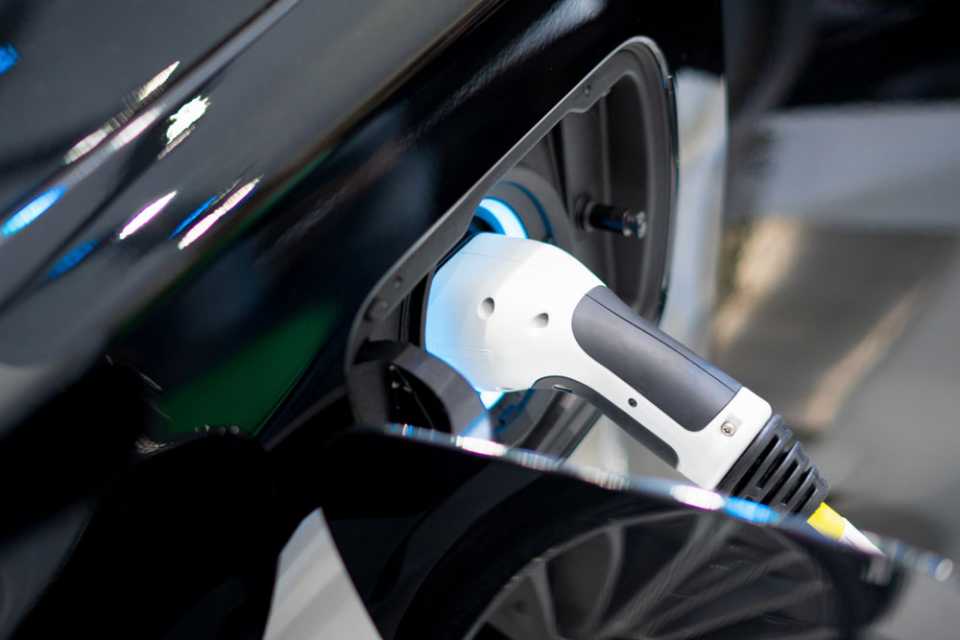Disabled drivers at risk of being left behind in EV charging rollout

England’s electric vehicle charging infrastructure is overlooking disabled drivers, a new report from independent watchdog, Transport Focus, has found.
The watchdog is therefore calling for the Government to outline its plan for how, and when, an accessible EV charging infrastructure will be delivered.
Despite the government’s transition to zero emissions vehicles and ZEV mandate, there are no chargers on England’s motorways and major ‘A’ roads that have been accredited with the voluntary standards for accessible charging.
Guidelines introduced in 2022 to provide an accessibility standard for chargepoints are not a compulsory requirement and EV drivers still report encountering significant barriers such as small bays preventing them getting out of the vehicle, raised kerbs, plinths and bollards in front of charge points, poor locations of charge points in relation to other motorway service facilities. They can also find it difficult to handle equipment.
Transport Focus is calling for an urgent focus on delivering accessible electric vehicle charging infrastructure across England’s motorways and major ‘A’ roads, and for government to explore the role of regulation for mandatory accessibility standards to secure better outcomes for disabled drivers.
The watchdog also calls for accessible electric vehicle charging standards to fully meet disabled users’ needs and to be straightforward for providers to interpret and implement.
Transport Focus is also calling for outcomes to be appropriately monitored, with continued co-design to ensure progress can be sustained and tracked and action taken as necessary, as well as for immediate gaps in the accessibility of existing electric vehicle chargepoints to be addressed.
Louise Collins, Director at the independent watchdog Transport Focus, said: “Disabled motorists should be able to feel secure in the knowledge that they can easily charge their electric vehicle independently on the country’s motorway network. If we don’t tackle this swiftly then some disabled people could be left behind, unable to drive electric vehicles and potentially excluded from the road network altogether.
“The time to act is now and we need confidence that there is a plan that will genuinely deliver this. We are working with Government to explore the role regulation could play in a longer-term solution with mandatory standards and for chargepoint providers to deliver more immediate improvements.”
While there are some positive examples of chargepoint operators trying to bridge accessibility gaps this lacks the consistency required to allow disabled people to travel with confidence knowing they’ll be able to charge.
To meet PAS 1899:2022 accessibility standards charging bays should meet specific size requirements, have hatching around each bay to allow accessibility for vehicles adapted to disabled users, and all plinths and bollards be removed to allow level access.
Transport Focus will work collaboratively with the industry to ensure that changes are both practical and sustainable.



